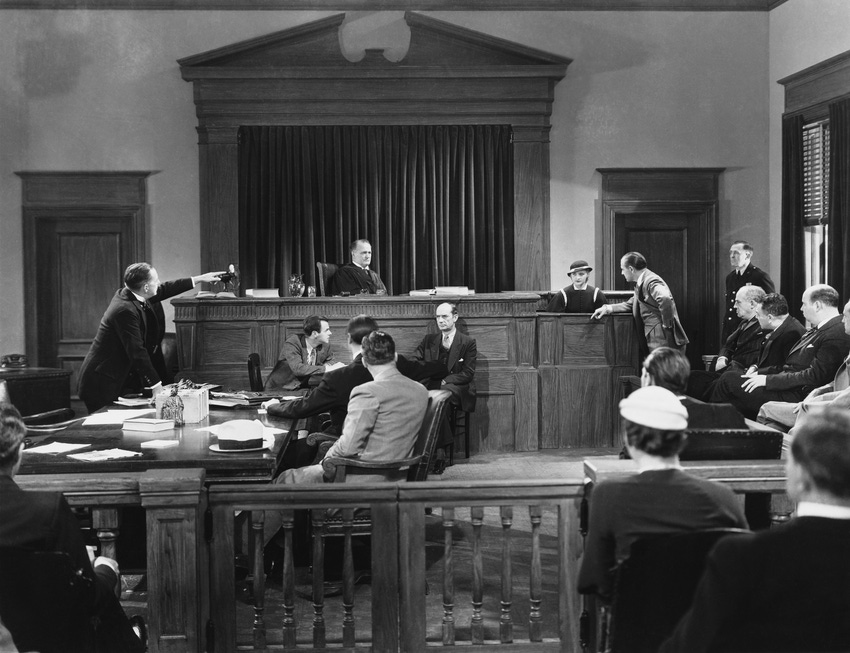The UK Government’s mass surveillance and data collection activities has been ruled unlawful by the Court of Appeal after the laws were challenged by Labour MP Tom Watson and human rights group Liberty.
January 30, 2018

The UK Government’s mass surveillance and data collection activities has been ruled unlawful by the Court of Appeal after the laws were challenged by Labour MP Tom Watson and human rights group Liberty.
The law which was challenged by Watson, the Data Retention and Investigatory Powers Act (DRIPA) has now expired, though the government largely replicated and expanded these same powers in the Investigatory Powers Act, more commonly known as the Snoopers Charter. This controversial law came into effect in the early stages of 2017 though there is likely to be a lot of back peddling from the Government.
One of the more contentious aspects of the Snoopers Charter forced telcos to collect and store data on what customers internet activities and phone records. Some critics pointed out this information, which could be accessed by the government with little accountability, made everyone a person of interest. The Court of Appeal has ruled collecting information on someone who is not under investigation for a crime is indeed unlawful.
The Court of Appeal found two areas in particular which were deemed unlawful:
Access to the data was restricted or used solely for the purpose of fighting crime
Police and intelligence agencies were their own authority for infringing an individual’s privacy. This should only be authorised by courts or an independent body
In short, the government gave itself a blank cheque with no clauses for accountability or justification to violate UK citizens right to privacy. Big Brother was certainly in free-flowing form.
“This legislation was flawed from the start,” said Watson. “It was rushed through Parliament just before recess without proper parliamentary scrutiny.
“The Government must now bring forward changes to the Investigatory Powers Act to ensure that hundreds of thousands of people, many of whom are innocent victims or witnesses to crime, are protected by a system of independent approval for access to communications data. I’m proud to have played my part in safeguarding citizen’s fundamental rights.”
“Yet again a UK court has ruled the Government’s extreme mass surveillance regime unlawful,” said Martha Spurrier of Liberty. “This judgment tells ministers in crystal clear terms that they are breaching the public’s human rights. The latest incarnation of the Snoopers’ Charter, the Investigatory Powers Act, must be changed.
“No politician is above the law. When will the Government stop bartering with judges and start drawing up a surveillance law that upholds our democratic freedoms?”
What is worth noting is that this case is not a direct challenge to the Snoopers Charter. Any accusations of wrong-doing are indirect, as the Snoopers Charter simply continued offering power to the government and intelligence agencies which were granted in DRIPA. Liberty is directly challenging the Snoopers Charter in court later in the year, but hopefully by that point the rules will be torn up.
This is a very promising move from the Court of Appeal, as there have been some very worrying trends around the world; the concept of an individual’s privacy was starting to look like a footnote in historical records. The Canadian Government has been expanding the powers of intelligence agencies, France and Germany were exploring how encryption could be weakened, the US has been passing laws about surveillance without consulting elected representatives and Australia has been trying to introduce its own anti-encryption laws.
Unfortunately this is one of the few successful cases were worrying rules have been challenged. The UK is not the only example of this, as politicians feel fear mongering messages and the prospect of terrorism is a perfectly valid reason to ignore and bastardise human rights to privacy. The concept of privacy is slowly becoming a thing of the past.
About the Author(s)
You May Also Like








.png?width=300&auto=webp&quality=80&disable=upscale)


_1.jpg?width=300&auto=webp&quality=80&disable=upscale)


.png?width=800&auto=webp&quality=80&disable=upscale)